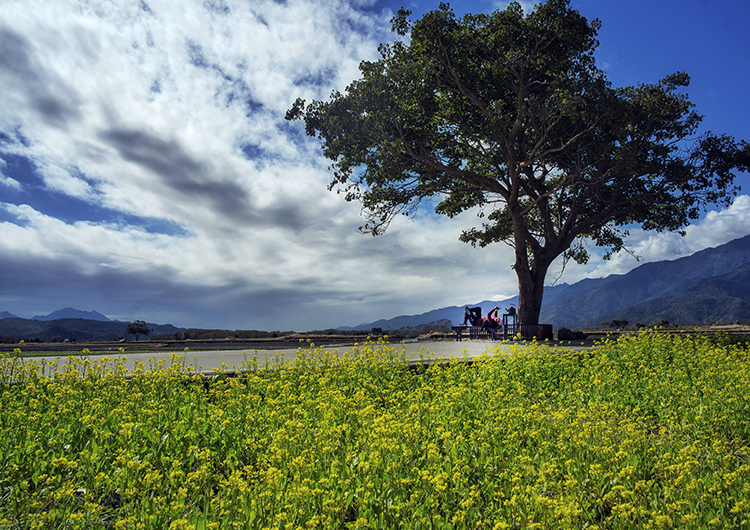Rinpoche on Resilience
The pandemic is affecting all of us in one way or another. A year after its onset, we are reflecting on its economic, psychological, and emotional impact. Although Khyentse Foundation’s new directions are not solely an outcome of this health crisis, the virus has reignited Rinpoche’s resolve to share the buddhadharma and to help people manage their minds.

The pandemic is affecting all of us in one way or another. A year after its onset, we are reflecting on its economic, psychological, and emotional impact. Although Khyentse Foundation’s new directions are not solely an outcome of this health crisis, the virus has reignited Rinpoche’s resolve to share the buddhadharma and to help people manage their minds.
We need to learn to be resilient. Fortunately, there are ways to develop resilience when we get hurt—even when we collapse and are totally broken. We see it in nature. There are bugs that when you squish them look almost dead, but somehow, they move and actually become strong and then fly away. Or if you cut and badly damage a tree, it is so resilient that it grows again even better than before.
The sutras, the shastras, and our teachings have such wealth on how to assist people, and how to help them make their minds resilient and their emotions manageable.
I’m not necessarily talking about dharma here. Of course, KF’s main goal is to preserve, propagate, share, and make the dharma available for the world [today] and beyond. But here I am talking about something immediate. So maybe we also need to help people gain some kind of emotional strength and mental resilience.
Many of us had the good fortune to meet the dharma long ago and some of us have even experienced in some small way how discipline and practice can stabilize our minds. Especially in times of difficulty and change, people long for some sense of peace, yet so many have no idea how to achieve it. Rinpoche asks us to renew our determination to help others, and together to consider how Khyentse Foundation can find contemporary ways to support new audiences.
We Buddhists already have our path—we have view, we have meditation, we have structure. But there are a lot of people who don’t have any of this, and even though they may not even be interested in our path, they might still need some assistance in making their emotions manageable and their minds resilient. We are fortunate—we are following a path, and we know what to do. But there are all these other people who don’t have that.
I’m sure there are a lot of things that Khyentse Foundation can do, and this may happen in many, many different ways—not necessarily just as teaching, meditation, or yoga, but it could come in all kinds of forms, even like fashion.
Of course, what we do will be based on Buddhist wisdom, but we need to work more broadly on ideas and actions that can help people work with their minds and be resilient with their emotions.
Supporting others who are using creative or nontraditional ways to share Buddha’s wisdom is a new priority for KF. Next month, the foundation will launch the Trisong Grant, an open application program aimed at engaging people and projects aspiring to reach those who need mental or emotional support.